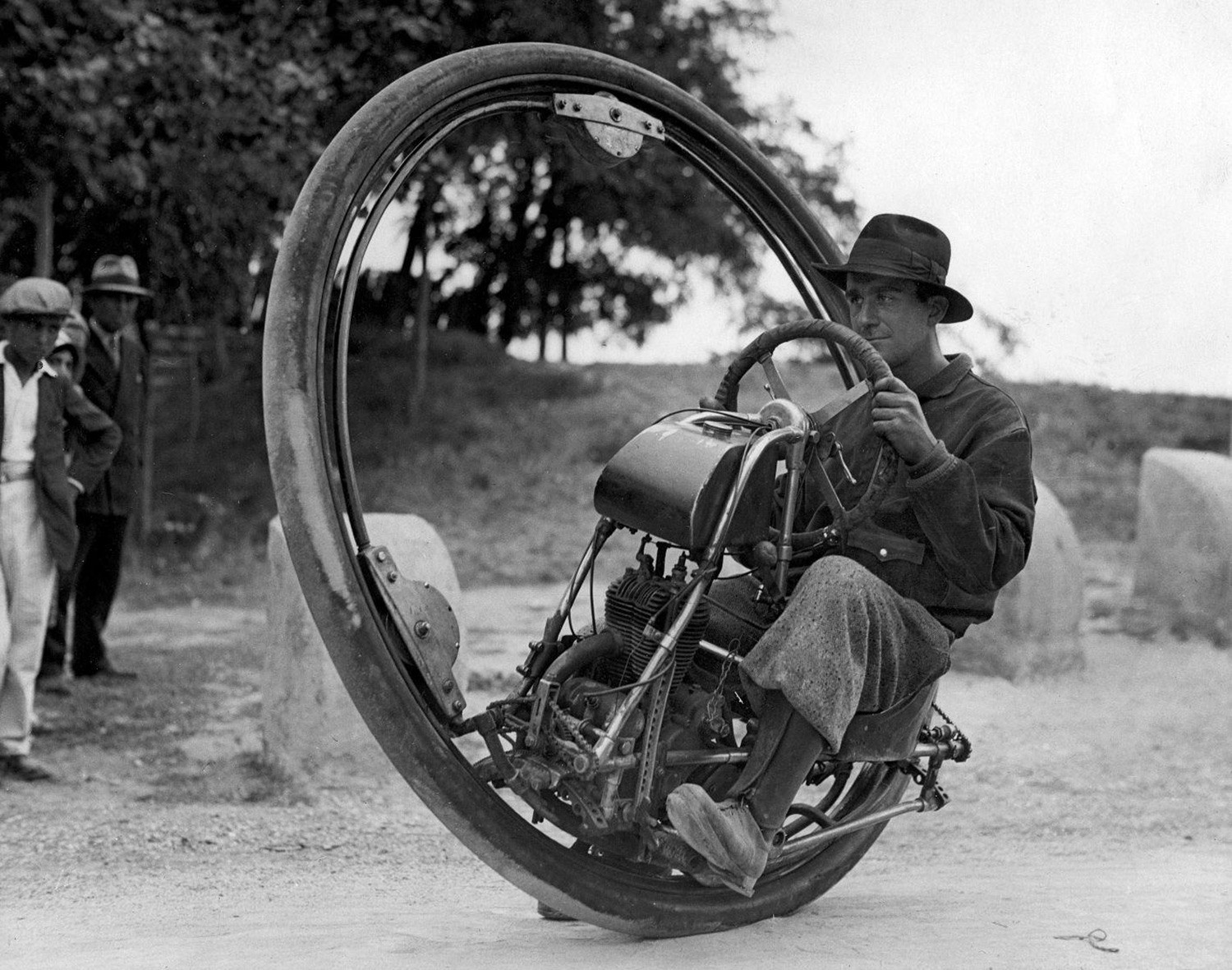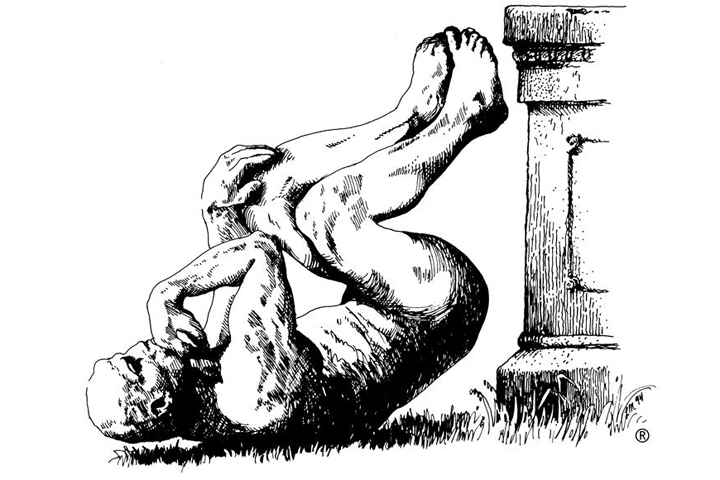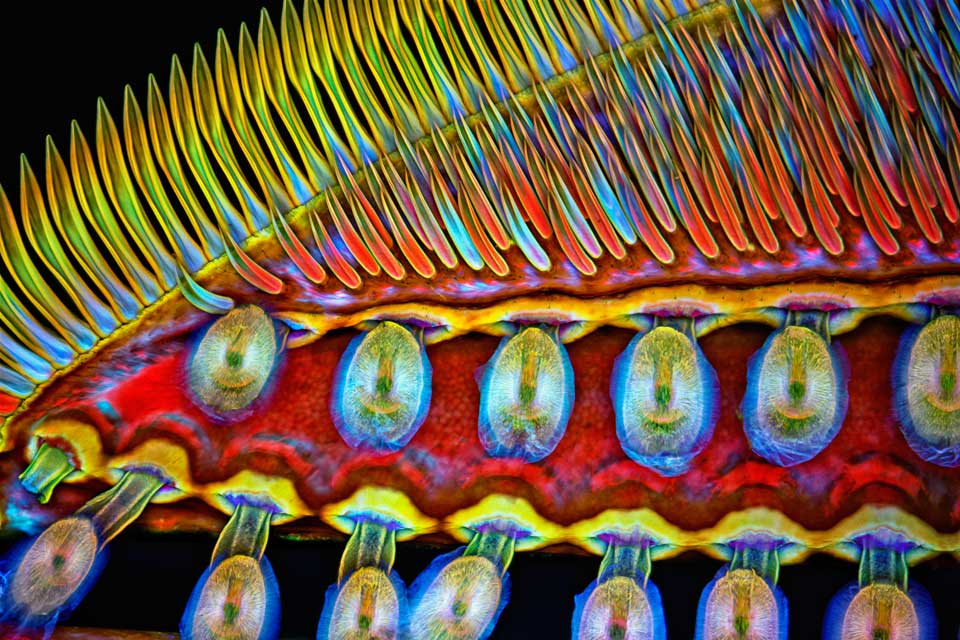Lower Intelligence: How Our Gut Bacteria Controls Us
The intestines and brain exchange signals through the nervus vagus that through the neck goes down to the chest and abdominal cavity. Giulia Enders, the author of Gut: The Inside Story of Our Body’s Most Underrated Organ, compares the nervus vagus to a phone cable that connects the gut with certain centers in the brain.
The brain controls all the organs, many of them through the nervus vagus, but only the gut is autonomous: even if the nerve is severed, ‘disconnecting’ the brain and the gut, the latter will continue working. It has a nervous system of its own that the scientists call ‘the second brain’. It consists of a great number of neurons and accessory cells, produces several dozen
Messenger substances (just like hormones) that neurons use to send signals to each other or to the muscles.
Hello, Germs?
Most of the signals that are transmitted via the nervus vagus are transmitted not top to bottom but bottom to top, to the brain. Scientists think that the gut impacts our psychological state. To treat depression that cannot be treated by medicine, doctors already started using electrical stimulation of the vagus nerve. It makes the nerve generate the ‘correct’ impulses.
90% of serotonin, the happiness hormone, is produced in the gut. The cause of depression may be hidden not in the brain, but in the gut. Scientists have also found the connection between the condition of the intestines and anxiety, autism, and neurodegenerative diseases, such as Parkinson’s disease and Alzheimer’s.
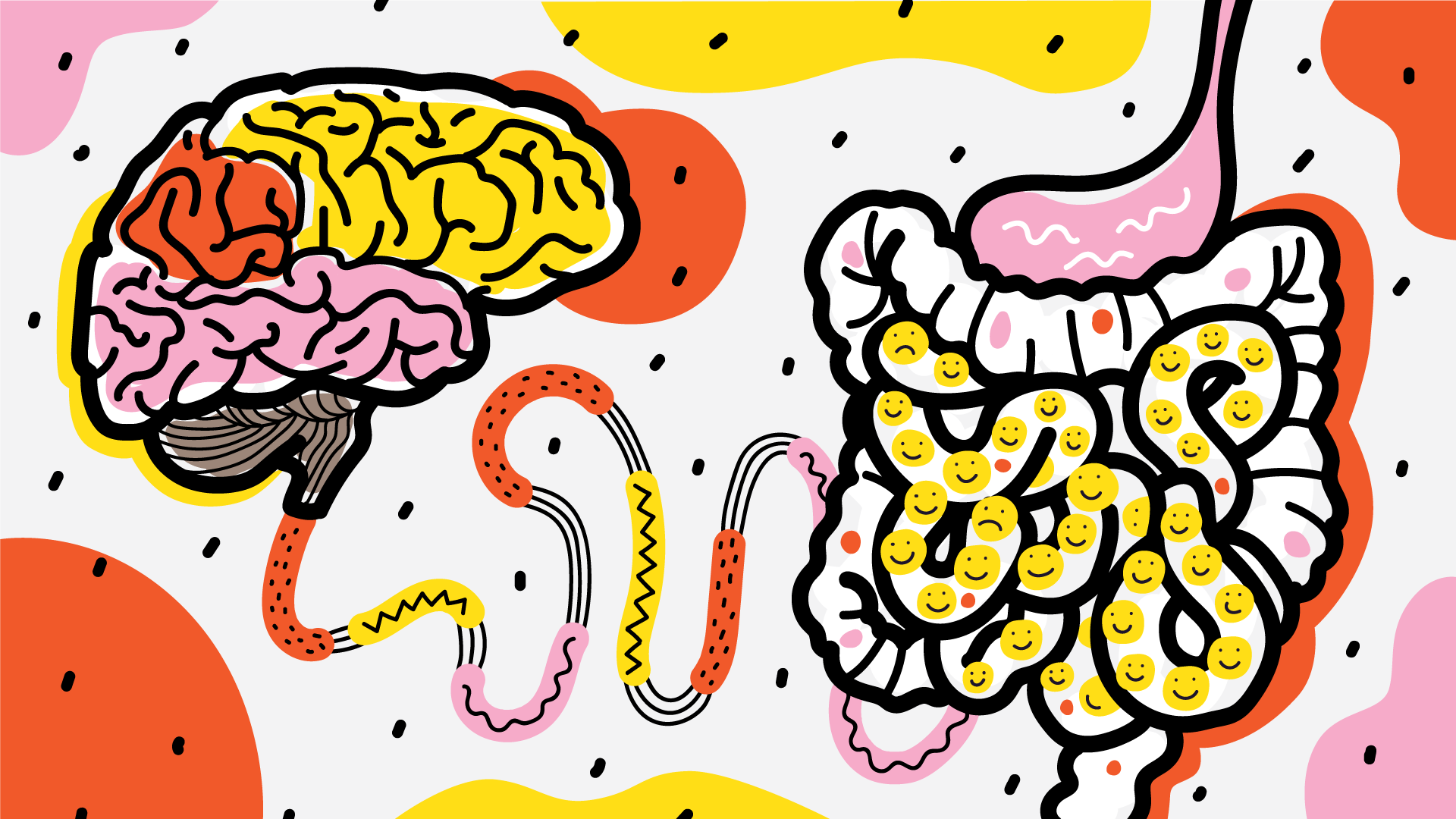
Moreover, it is not only the gut itself that sends signals through the nervus vagus, but also the bacteria that populate it. They use various means for it — for instance, by stimulating the production of serotonin by the cells of the intestinal mucosa. The impact of gut flora on behavior and mood has been proven via numerous experiments on lab mice.
How do we evaluate the psychological state of mice? We can place the animals in a container filled with water and observe how long they are going to swim: depressed mice give up faster in the struggle with adversity. Neurobiologist John Cryan of the National University of Ireland, Cork has added Lactobacillus rhamnosus JB‑1 bacteria to the feed of experimental animals. The mice swam faster and more actively, and their bodies produced less stress hormones compared to the control group. The dissection of the nervus vagus has nullified the effect of useful bacteria.
And if certain flora is related to a depressive or optimistic view of life, the behavior should change when people exchange bacteria. This was shown during the experiments of scientists from McMaster University in Canada. They selected several lines of lab mice with different characters. And when shy mice were transplanted flora from avanturistic mice, they showed more interest in studying the new objects.
Are You Communicative? Share Your Bacteria!
Gut bacteria also influences the social behavior of lab mice. Scientists from the Baylor College of Medicine in Houston (US) studied the connection between a mother’s obesity and the autism spectrum disorders in offspring. The control group of mice ate regular food, and the test group was given feed with increased fat content. As was expected, female mice from the second group became overweight.
The offspring of overfed mice were much less interested in communication with their peers than the offspring of the control group. An analysis of the gut flora showed considerable differences between the two groups — in both generations. But how do we know that the inclination towards asocial behavior is related to gut bacteria? The answer is simple: we populate the gut of the unsociable animals with the flora of their sociable peers.
This is not particularly difficult in the experiment with lab mice: as soon as the animals are in one cage, cohabitation
The scientists discovered that mice with an autistic disorder have considerably lower numbers of Lactobacillus reuteri bacteria in the gut. This microorganism influences the production of oxytocin — a hormone that regulates social behavior. A diet with high fat content suppresses Lactobacillus reuteri in the mother’s gut, and then her offspring inherit her disrupted flora.
due to the fact that mice eat each other’s’ feces
The lack of the useful bacteria, and therefore oxytocin, during the growth of the little mouse makes it asocial. By adding live Lactobacillus reuteri into the drinking water, scientists could normalize the behavior of the experimental animals.
You Are What You Eat. And Vice Versa
Microorganisms might have an evolutionary reason to control our behavior. According to scientists, bacteria stimulate their hosts to communicate with each other because it facilitates the exchange of flora. They are also capable of influencing the food preferences of their hosts, making them eat products that are good for bacterial growth and reproduction. It may be that when you cannot resist a cake, it is not because of your lack of willpower, it is because of the microorganisms.
Some bacteria like fat, some like sugar, and for their preferences people sometimes have to pay with obesity. Microbes have various means to control their host’s eating behavior: they intervene with the work of the reward system in the brain, change the sensitivity of taste receptors, produce substances that influence the mood, and also hack the transmission of signals via nervus vagus.
How do we resist the microorganisms whose plans do not coincide with our New Year’s resolution to lose weight? By creating competition. The more varied your gut flora, the lower the possibility that one species will start dominating the other and gain control over the brain.
A diet with a high content of fats and simple carbohydrates makes gut flora poorer; to maintain the diversity of bacteria, people should eat more vegetables, fruit and cultured dairy products. The study of the influence of diet on weight that involved 120,000 people showed that the main product that helps reduce weight is yogurt.
Microbes Against Depression
Experiments that study how gut flora influences the psyche show that depression and anxiety can be treated with the help of probiotics — useful bacteria. The scientists coined a new word to denote them — psychobiotics.
In the study of Iranian scientists, patients with severe depressive disorder received supplements with bacteria or placebo. The psychobiotic contained Lactobacillus acidophilus, Lactobacillus casei, and Bifidobacterium bifidum. In eight weeks, the patients who took a psychobiotic scored considerably better on the Beck Depression Inventory compared to the control group.
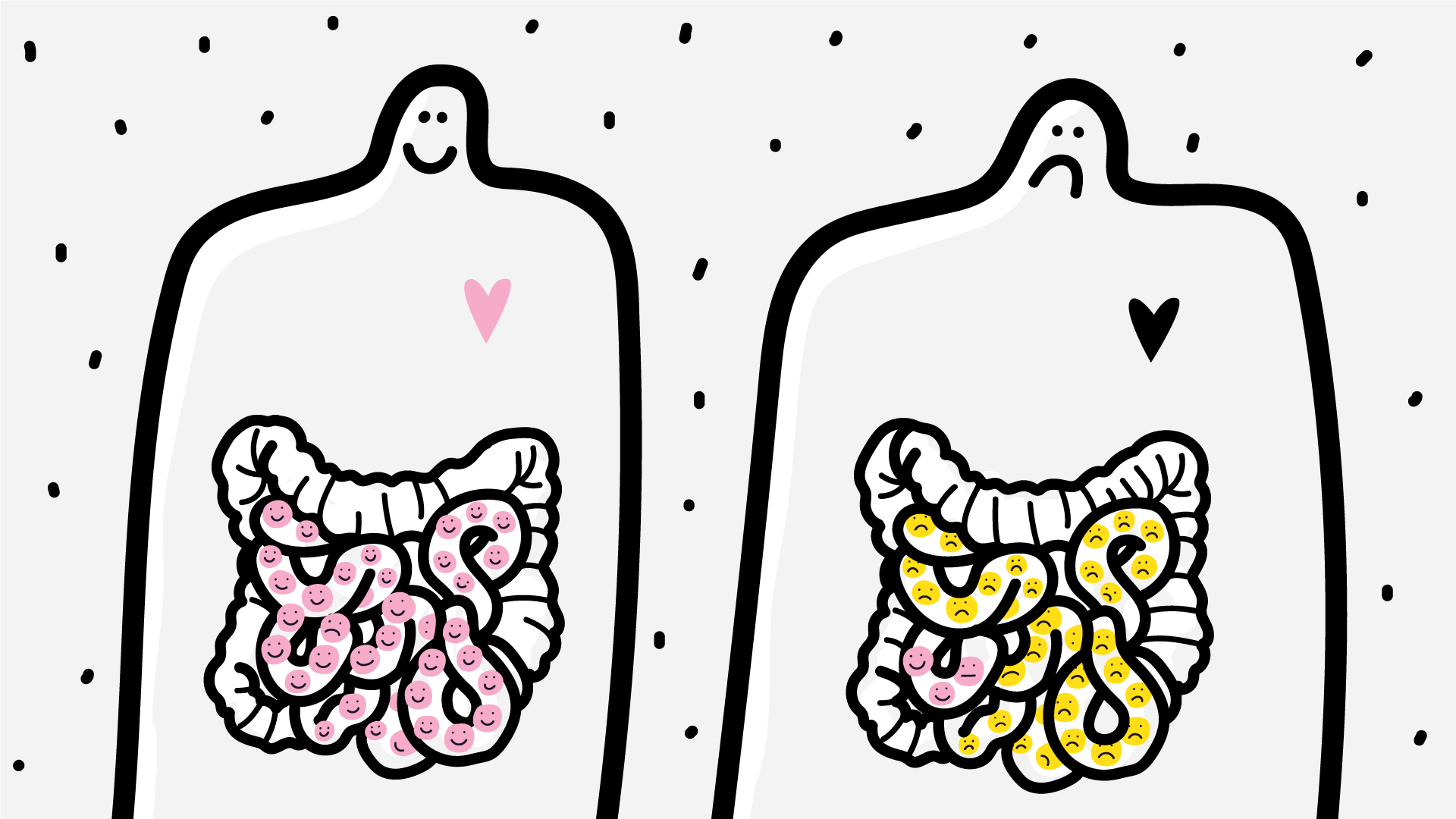
Japanese scientists studied the impact of kefir (a kind of fermented milk drink) that contains the Shirota strain of the Lactobacillus casei bacteria on the psychological state of medical students who were taking an important test. They found out that kefir normalizes the level of cortisol, the stress hormone, and increases the level of serotonin. In addition, the probiotic decreases the ailments related to stress, such such colds or stomach cramps.
The experiments that study the impact of gut flora on the brain are still in the early stages and usually have few participants, so it is too early to say whether the connection between bowel activity and psychological state is undoubtedly proven. But the first studies that have been performed point to the fact the psychobiotics have perspective. And before a magic pill is invented, help your gut with proven methods: eat more yogurt, vegetables, and fruit. And then, bacteria will not rule your brain.
New and best
